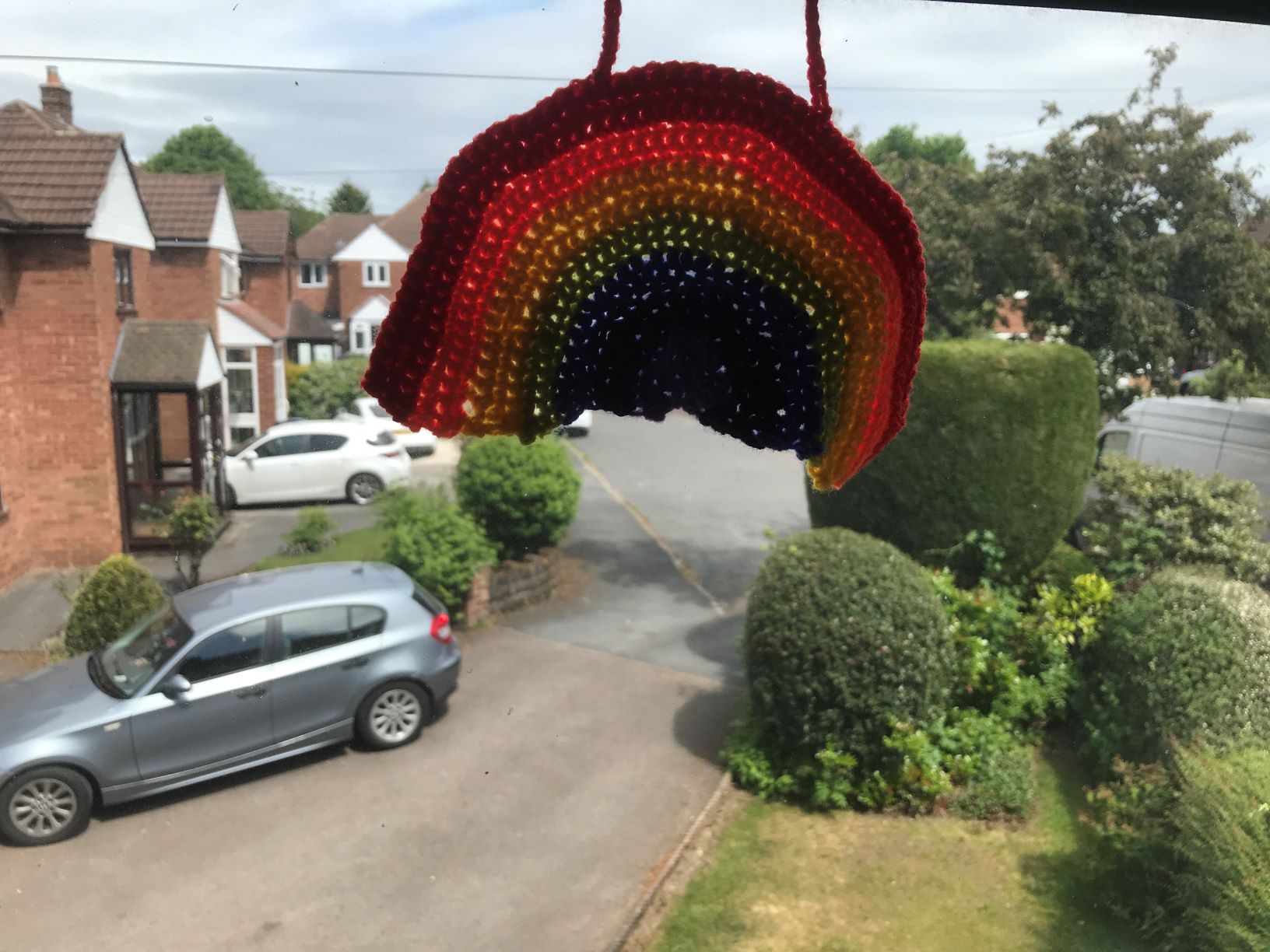Rachel MacGregor is a Digital Preservation Officer at the Modern Records Centre at the University of Warwick.
When I added a note to my diary to remind myself to write a blog piece for the Digital Preservation Coalition I thought I would write about what I was working on at the time - maybe policy writing? Perhaps a tricky file format or some musings on processing workflows*. However as I sit down to write looking out across my suburban cul-de-sac and not at my digital curation workstation I am going to reflect on what I see as my main challenges in working in digital preservation over the coming months (and longer probably).

One of the most enduring features of the pandemic is likely to be economic and the new reality already is that we will need to fight harder for scarcer resources and try and “do more” with less. Neither of these things is hugely encouraging but I firmly believe that we are better able to meet these challenges as a community than we are individually.
With a vastly altered financial landscape looming ahead of us and many uncertainties in the coming months we will all need to be adjusting our priorities based on what is achievable with constrained resources. I am planning to focus on:
-
working on existing collections - making sure that there is as much documentation and metadata available for them as possible. What do those collections look like and what do we need to preserve and make them available?
-
documenting current and planned workflows and processes. This is hugely time consuming yet really important work. If we can’t demonstrate what we do and how we do it we are not meeting some of the basic elements of preservation which require our actions to be auditable and reproducible.
A major theme for everyone is likely to be advocating for digital preservation and this could be both spreading the word about the importance of good data/records management practices and also advocating to senior management about the need for continuing investment in preservation activities. This might mean focussing on research potential, institutional memory or outreach and engagement with the wider community.
I think it’s important to have positive good news stories. Collecting Covid19 stories might capture the spirit of the times but there might be other other examples like taking time to establish connections with potential depositors, testing out a new-to-you preservation tool and sharing your experience (with colleagues, on Twitter, via a blog and so on).
It’s also useful to have the risks of inaction at the forefront of your mind when advocating: what are the risks of doing nothing?
This is something that we should be ready to argue robustly and persuasively. I find the Digital Preservation Coalition Handbook is a good place to start for marshalling responses (no they are not paying me!) and it’s got some great summaries aimed at a wide variety of audiences. I often use these bullet points when going for a pithy "what are the risks" argument:
-
Loss of reputation because we cannot find or access the data/information we need.
-
Inability to support users in their activities.
-
Failure to discharge legal or regulatory function.
-
Inability to exploit and reuse data.
-
Loss of identity and corporate memory.
-
Cost of recreation and recovery.
We’re living through extremely tough times but we can get through it working as a community. I am focussing on what I can do rather than what I can’t and will be sharing what I learn as widely as possible. It’s not always easy but do try and be positive, be proactive but above all be supportive of one another and be kind.
*look out for future blog posts on these topics though...

















































































































































